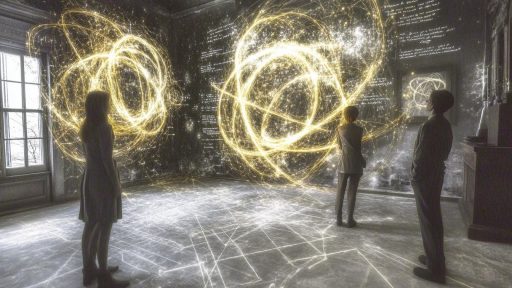
History is written by the victors, but in the margins and footnotes lie the remnants of darker truths, quietly waiting to be rediscovered. These fragments often go unnoticed—deliberately excluded or simply too uncomfortable for the spotlight. Yet they offer glimpses into a reality far more complicated, disturbing, and revealing than the polished narratives we’ve been taught. What happens when we stop reading just the headlines of history and start exploring the shadows?
The Human Zoos of the 19th Century
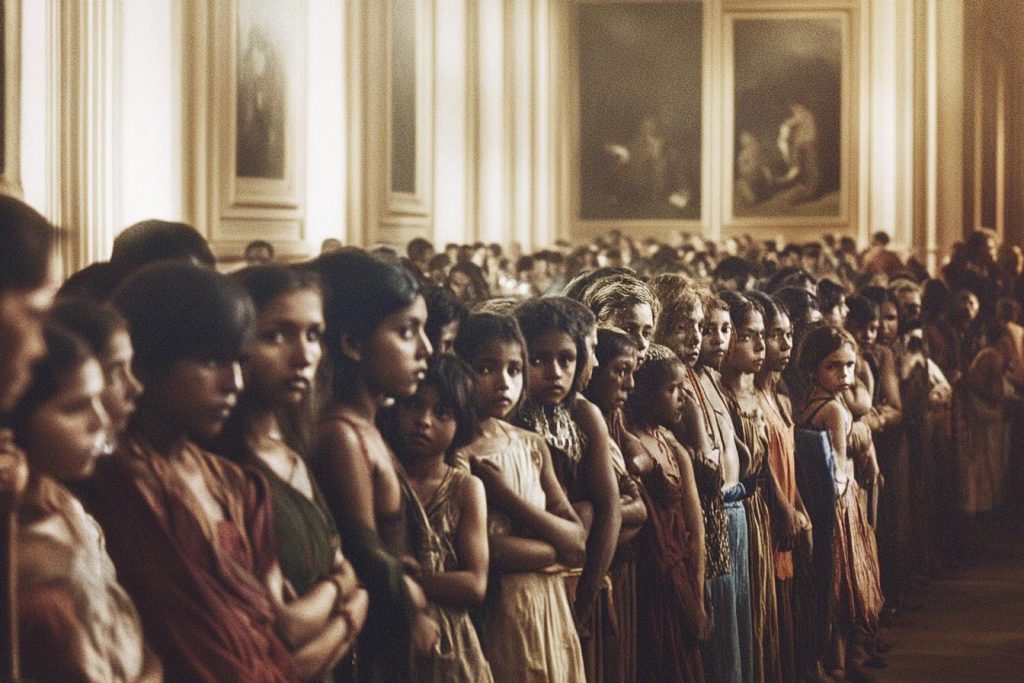
Across Europe and the United States, so-called “human zoos” once displayed people from colonized regions as living exhibits. Families were taken from their homelands and put in mock villages to entertain curious spectators. These spectacles dehumanized entire cultures and reinforced dangerous racial ideologies under the guise of education and science. Though largely forgotten, they reveal the deeply rooted racism woven into Western history.
The CIA’s Secret Mind Control Program
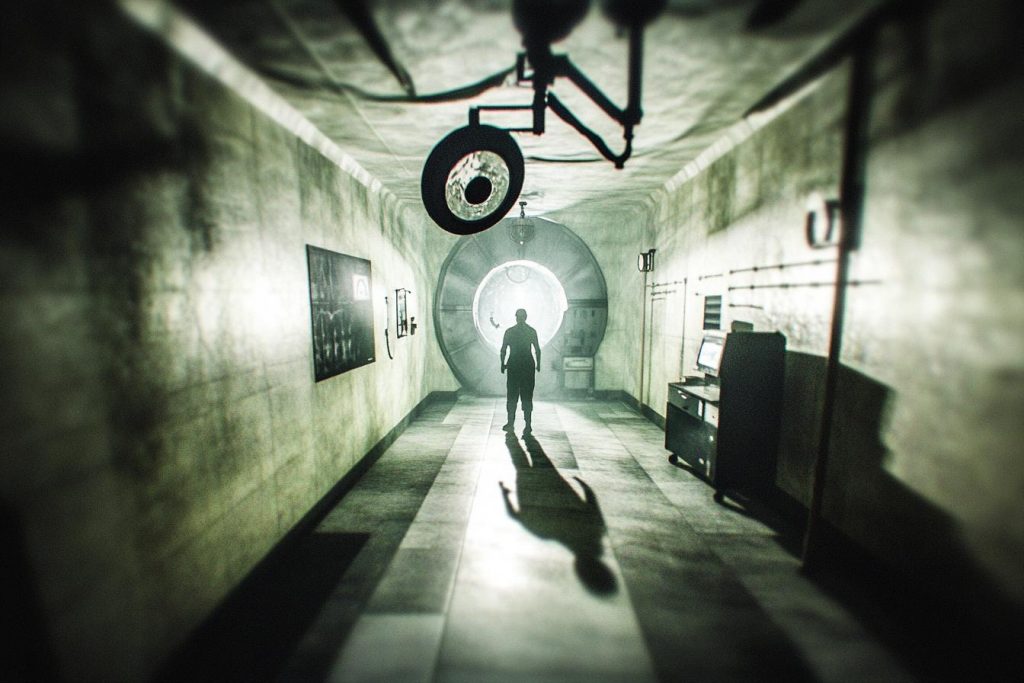
Known as MK-Ultra, this Cold War-era program experimented with hypnosis, drugs, and psychological torture in hopes of mastering mind control. Conducted without consent, many victims were subjected to horrific conditions that led to long-term trauma or death. Files were destroyed before the public could learn the full extent, leaving behind only fragments of the terrifying reality. It’s a stark reminder of what governments will risk in the name of power.
The Mass Poisoning of Prohibition
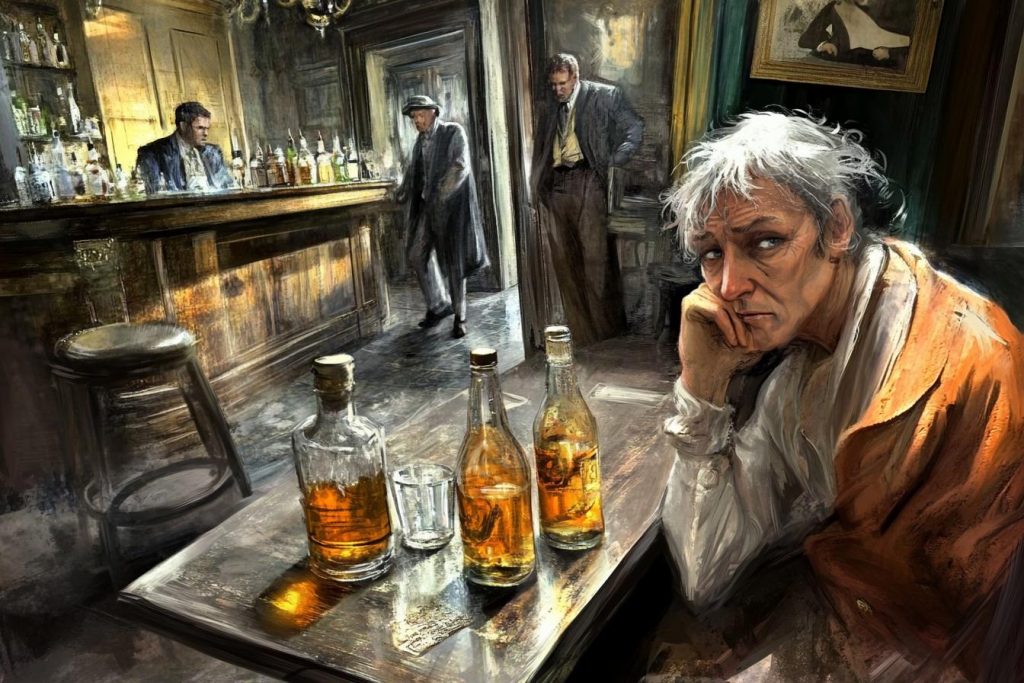
During Prohibition in the United States, the government deliberately tainted industrial alcohol to discourage illegal drinking. Bootleggers still distributed the poisoned supplies, resulting in the deaths of thousands of unsuspecting citizens. The program was kept quiet, but historical records reveal a troubling disregard for public safety. This little-known chapter paints a chilling picture of how far authorities were willing to go to enforce the law.
The Forgotten Genocide of the Herero People
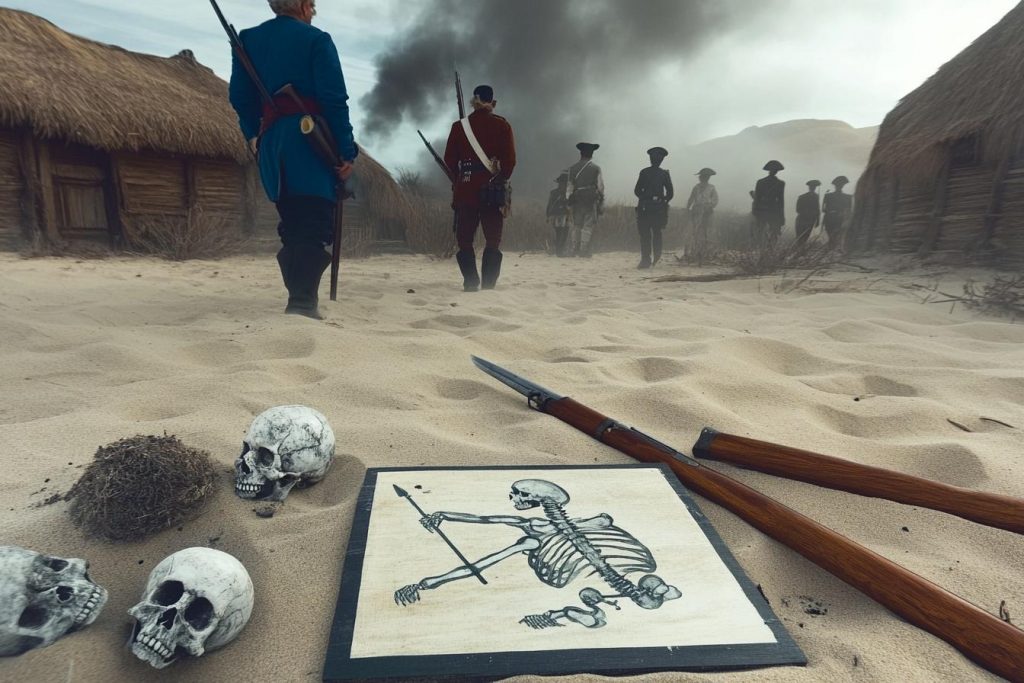
In the early 1900s, Germany carried out a systematic extermination of the Herero and Nama peoples in what is now Namibia. This genocide, considered one of the first of the 20th century, saw tens of thousands killed through starvation, forced labor, and concentration camps. Though it foreshadowed horrors to come, it remains largely absent from most history books. The silence surrounding it speaks volumes about selective remembrance.
The U.S. Army’s Secret Mustard Gas Tests on Its Own Troops
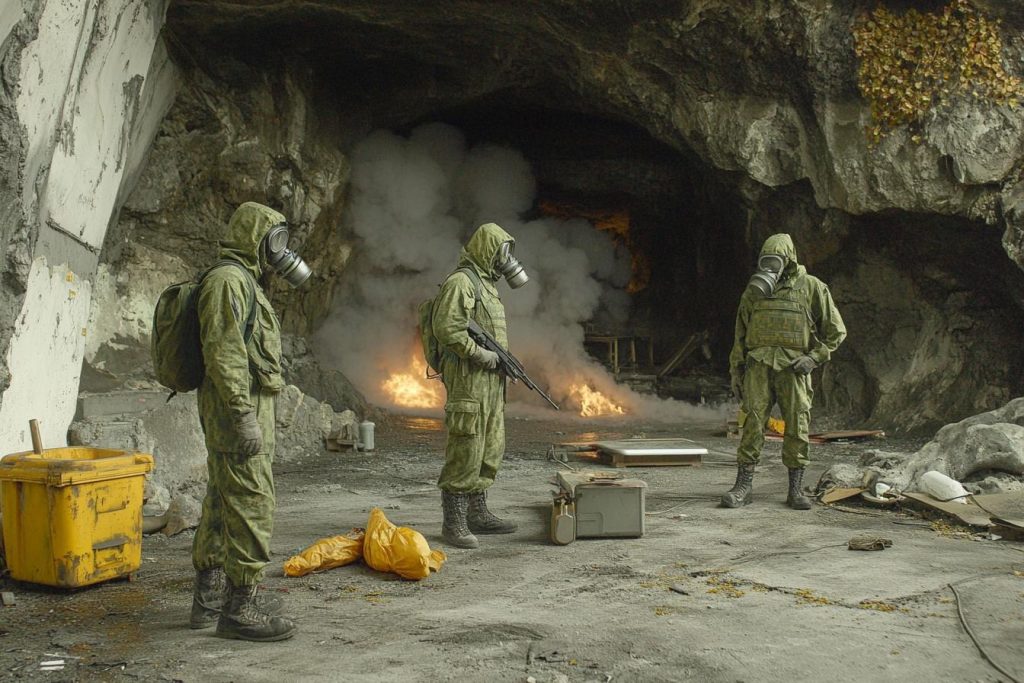
During World War II, American soldiers were exposed to mustard gas in classified experiments meant to gauge its effects. These tests disproportionately targeted minority groups, based on racist beliefs that different races might respond differently to chemical weapons. Survivors were sworn to secrecy, and many suffered lifelong health issues without acknowledgment. Only decades later did the truth begin to surface.
The Firebombing of Tokyo
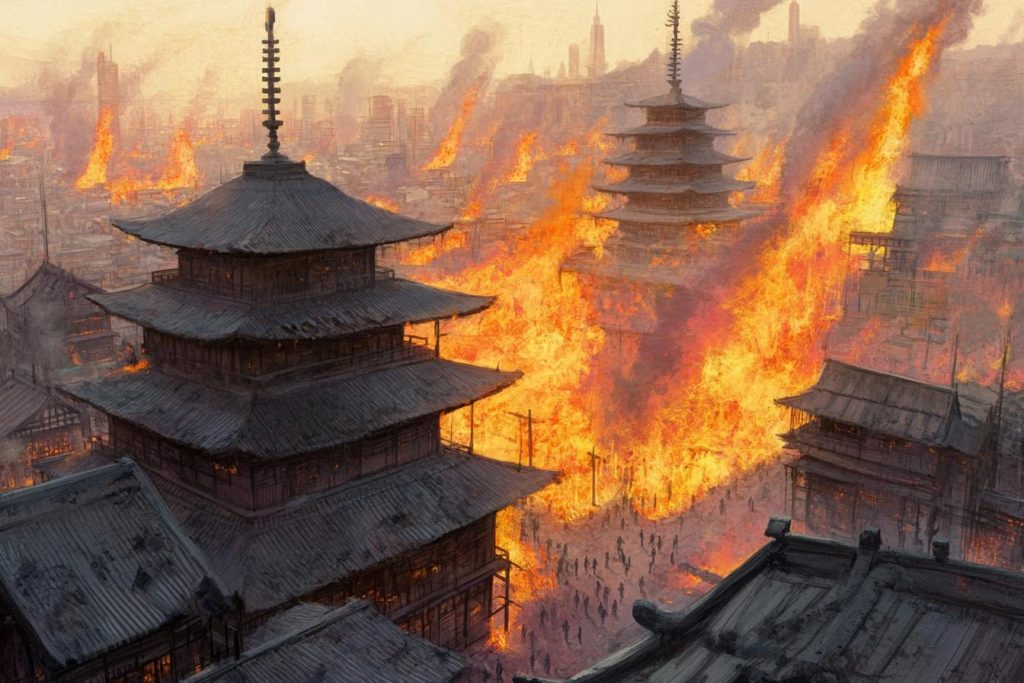
Overshadowed by the atomic bombings, the U.S. firebombing of Tokyo in 1945 was one of the most devastating acts of war in human history. The incendiary bombs created firestorms that wiped out entire neighborhoods, killing over 100,000 civilians in a single night. The scale and brutality of the attack are rarely emphasized in mainstream narratives. It’s a harrowing example of how war crimes can be lost in the fog of victory.
The Enslavement of Native Americans
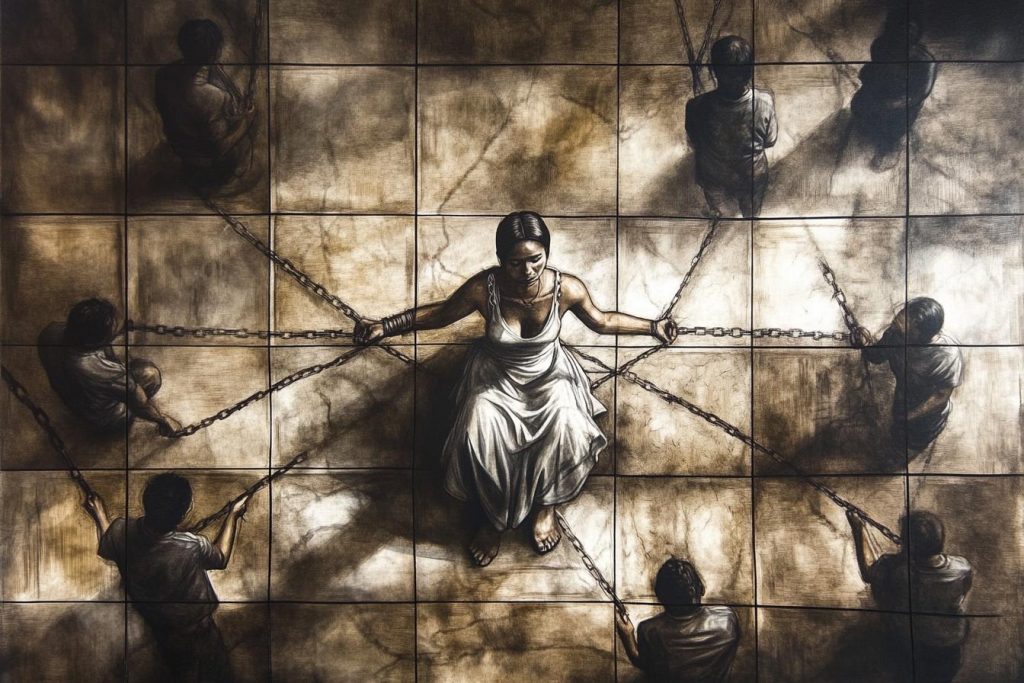
While African slavery dominates the conversation, the widespread enslavement of Native Americans is often overlooked. Colonists captured and sold Indigenous people into slavery across the Americas and even shipped them overseas. These actions decimated tribes and disrupted generations, all while being largely omitted from educational texts. This buried history reveals a more complex and painful story of colonization.
The Stolen Children of Australia

For decades, Aboriginal children were forcibly removed from their families by the Australian government in a policy known as the Stolen Generations. These children were placed in institutions or with white families, losing their language, culture, and identity. The psychological scars remain, passed down through generations. Despite official apologies, this dark policy is still not fully reconciled within the nation’s consciousness.
The Dark Origins of Birth Control Testing

Before modern contraceptives became widely available, they were tested on marginalized women without their full understanding or consent. In Puerto Rico during the 1950s, impoverished women were subjected to high-dose birth control pills, some suffering severe side effects or death. These tests were framed as scientific progress, but they exploited vulnerable populations. The ethics of such research continue to haunt medical history.
The Massacre That Inspired the Term ‘Ethnic Cleansing’
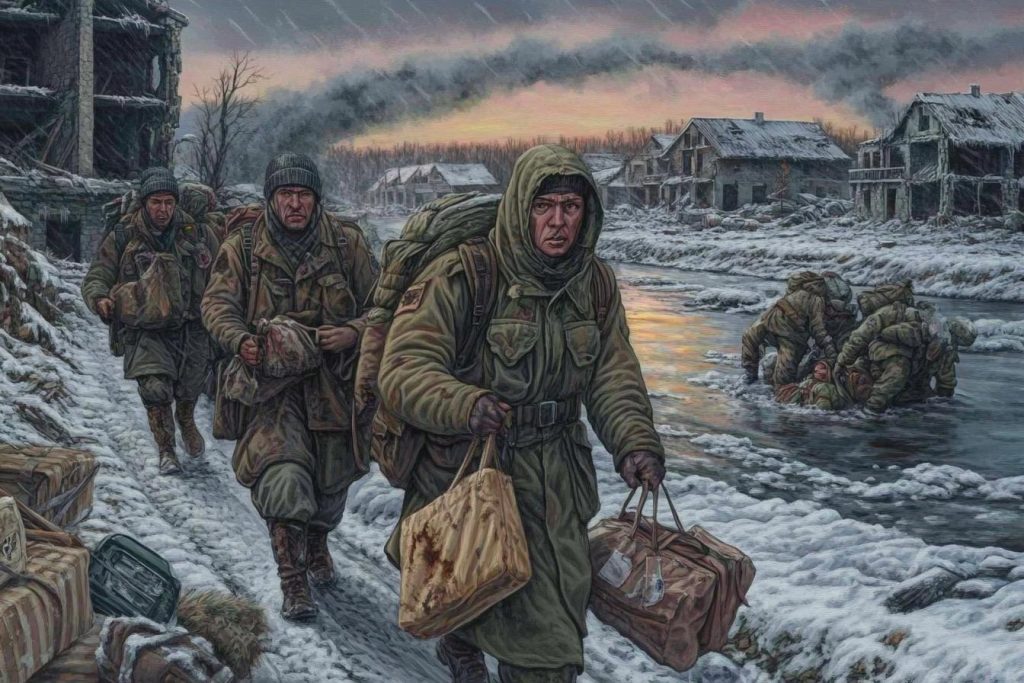
The term “ethnic cleansing” gained global attention during the Yugoslav Wars in the 1990s, but earlier atrocities laid its foundation. In post-WWII Eastern Europe, millions of ethnic Germans were expelled, beaten, or killed in retaliation for Nazi crimes. Though politically complex, many of these acts crossed into mass violence against civilians. This overlooked period challenges the idea that only oppressors commit atrocities.
The Medical Atrocities of Unit 731

In wartime Japan, Unit 731 conducted nightmarish experiments on prisoners—vivisections, frostbite testing, and biological warfare trials. The victims, mostly Chinese civilians, were treated as disposable test subjects. After the war, many Unit 731 scientists were granted immunity by the U.S. in exchange for their research. It’s a grim reminder of how morality can be sacrificed for knowledge.
The Tragedy of Black Wall Street

In 1921, the thriving Black community of Greenwood in Tulsa, Oklahoma—nicknamed Black Wall Street—was destroyed in one of the worst acts of racial violence in U.S. history. White mobs, aided by local authorities, burned homes, looted businesses, and killed hundreds. For decades, the massacre was left out of textbooks and official records. Only recently has this story begun to receive the recognition it deserves.
The Forgotten Plague of Eyam
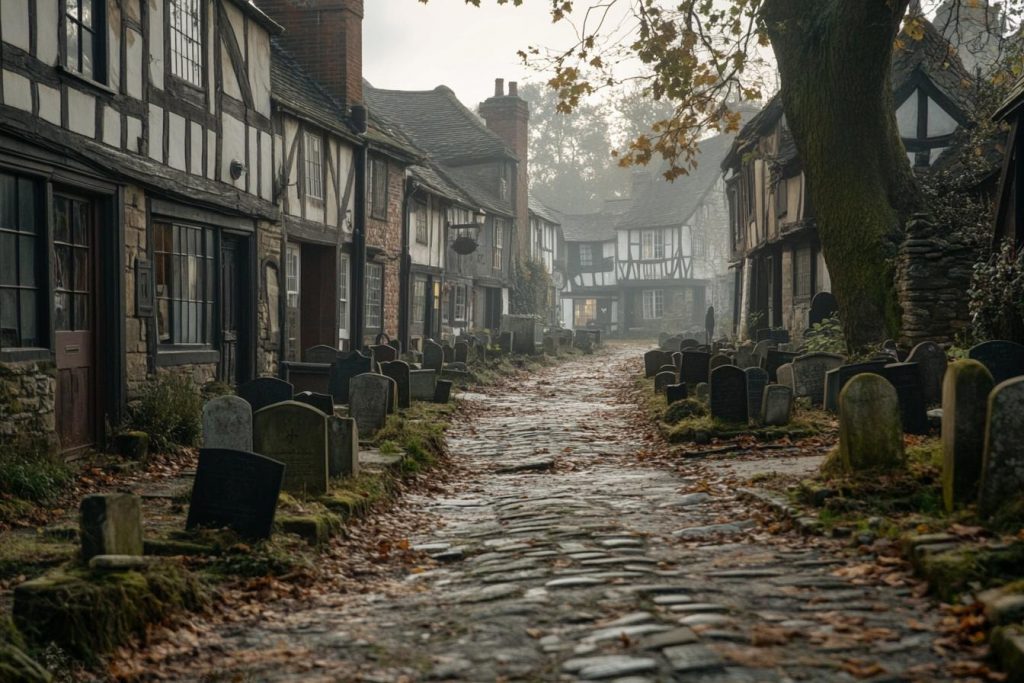
When the bubonic plague reached the English village of Eyam in 1665, the townspeople made an unthinkable decision—they quarantined themselves to prevent the spread. Entire families perished in isolation, sacrificing their lives to protect nearby communities. This act of bravery was largely uncelebrated for centuries. Eyam’s quiet heroism remains a haunting example of collective sacrifice erased by time.
The British Concentration Camps in the Boer War
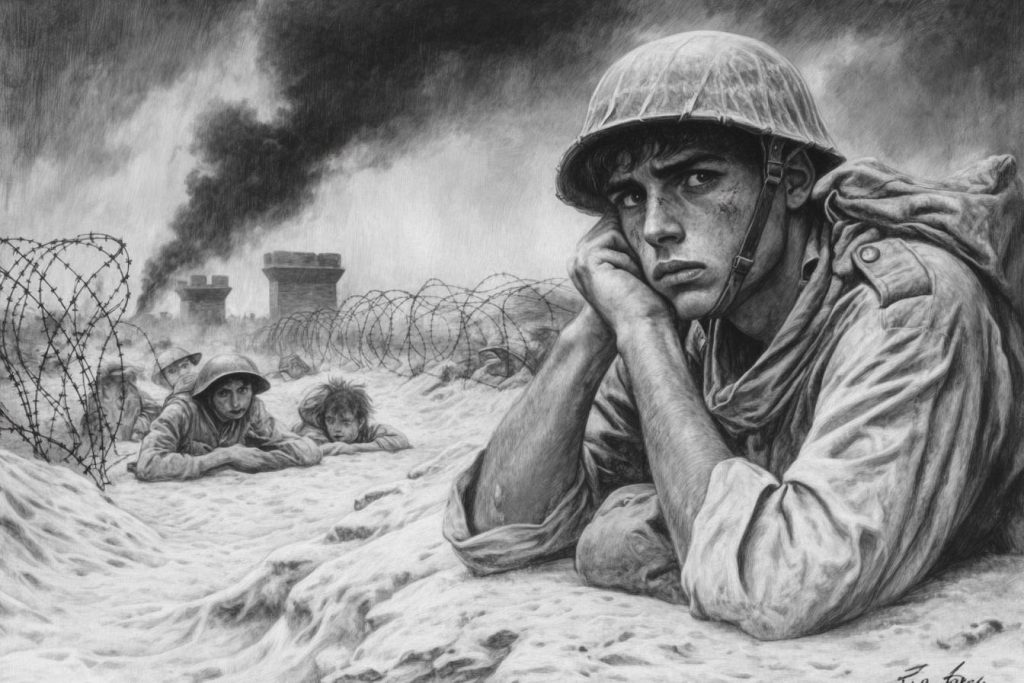
During the Second Boer War, the British Empire set up concentration camps in South Africa for Boer civilians. Disease, malnutrition, and overcrowding led to the deaths of tens of thousands, many of them children. These camps predate those of World War II but are rarely mentioned in discussions about modern atrocities. They serve as a chilling prelude to the horrors that would follow in the 20th century.
The Cover-Up of the Armenian Genocide

In 1915, the Ottoman Empire began a campaign to eliminate its Armenian population through mass killings and forced deportations. Over a million people died, yet to this day, some nations refuse to acknowledge it as genocide. Political interests and denialism have kept this atrocity in the margins of international discourse. The lack of accountability continues to echo in modern conflicts.
Buried Truths Still Echo
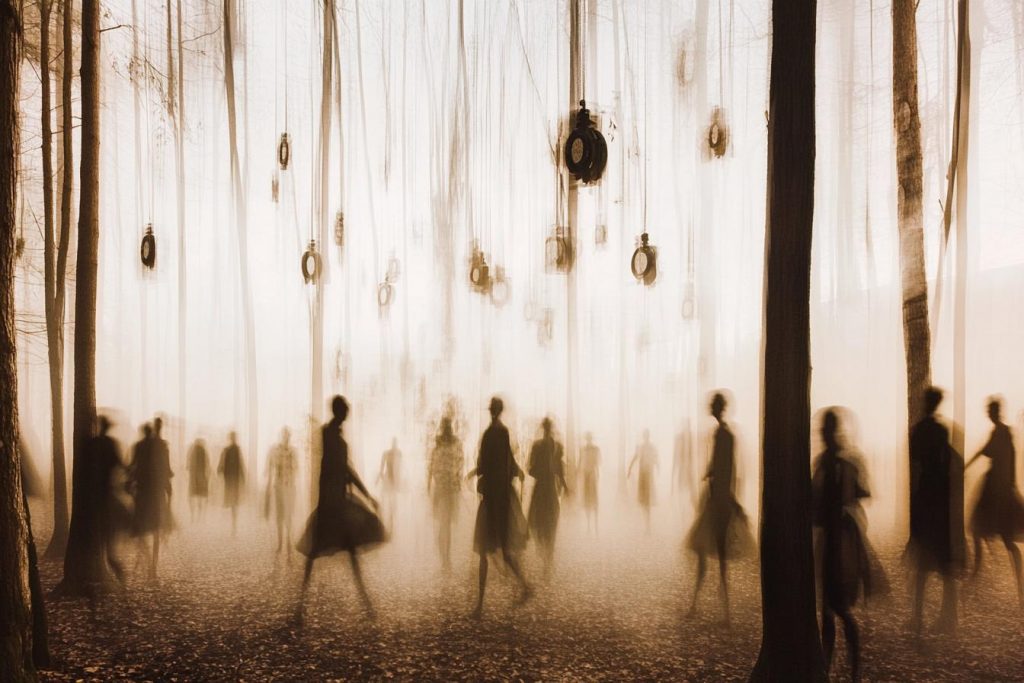
The uncomfortable facts tucked into history’s corners tell a different story—one not of progress alone, but of power, cruelty, and silence. These forgotten truths force us to confront not just the past, but how we choose to remember it. For every celebrated achievement, there are injustices still waiting for acknowledgment. Perhaps the most troubling thing isn’t what we remember, but what we’ve been taught to forget.





